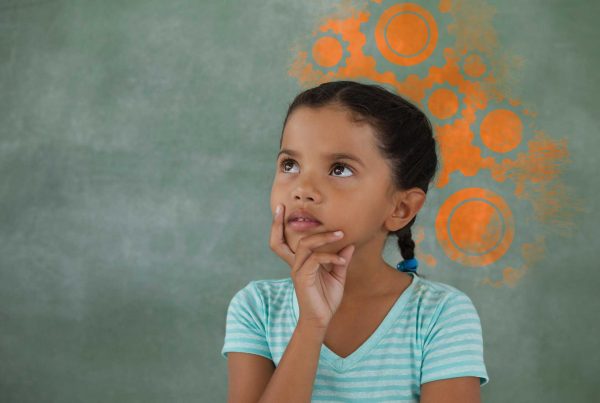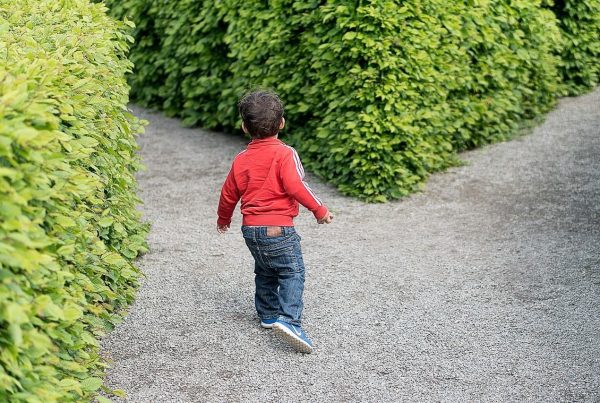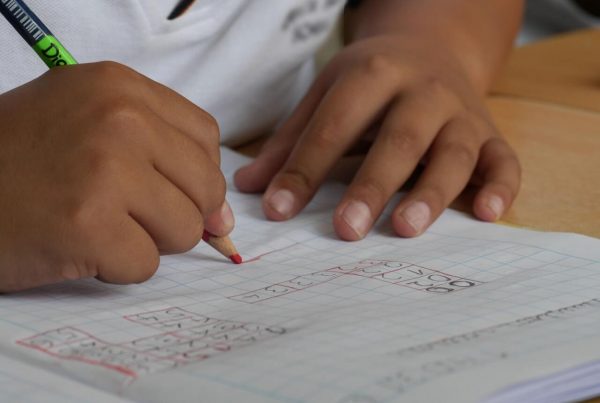
Self-confidence is a crucial building block for success in life. Children are always facing uncharted territory—whether it is the first day of school, picking up a new sport, or meeting unfamiliar people. Confidence is the armor that helps us traverse through challenging academic and social environments.
The reality is that self-confidence cannot be taught. Even when it’s a topic that is brought up in school, it’s mentioned in passing and not truly instilled. Unfortunately, children who lack self-confidence deal with many issues. In the academic environment, they may be hesitant to speak up, give a presentation in front of the class, or ask a teacher relevant questions. In sporting environments, they may be afraid of making mistakes in front of others, yet be too worried about failure to make the change to improve. In social environments, they may fear rejection so much that they resort to isolation instead of creating new friendships and expressing their personality.
Lacking self-confidence creates a negative vicious cycle. For example, if a child lacks confidence in math skills, it will interfere with his learning process. Having such a learning hindrance will impact his actual math achievement unfavorably. As a result, the perceived failure triggers anxiety, feeds his self-doubt, and reinforces his lack of belief in his math abilities. This, in turn, makes it harder for him to progress in future math tasks.
Our self-confidence, or lack of it, plays an instrumental role in how we view ourselves, our peers, and the challenges we face. Self-confidence can impact our lives at any age. For toddlers and young children, it can affect their speech and physical mobility, how they interact with others on the playground, and how well they learn and use new information. For teenagers, it can impact their academic performance, social interactions, and how they mature into adulthood.
Self-confidence is derived from a sense of competence – A believe in oneself to achieve or overcome an obstacle. When children first learn to read a book, for example, they develop a can-do attitude to reading that can be used when approaching more challenging books. As such, the curriculum at Little Thinkers Center is designed around developing this believe in oneself, can-do attitude in every aspect of a child’s life. Each thinking activity adapts to each child’s unique differences.
A child can be highly confident in math, yet have a great deal of self-doubt with reading. Our goal is to address these gaps in self-confidence, so that the child is well-rounded and equipped to handle obstacles that exist in everyday life. We do this by tailoring highly engaging, experiential exercises appropriate to each child’s developmental level that promote success, a sense of achievement, and believe in oneself. Whether we are utilizing activities from General & Discriminative Movement Thinking, Logical Thinking, or Social Thinking games, the purpose is to instill feelings of competence, build healthy can-do confidence, and establish a positive self-image.



